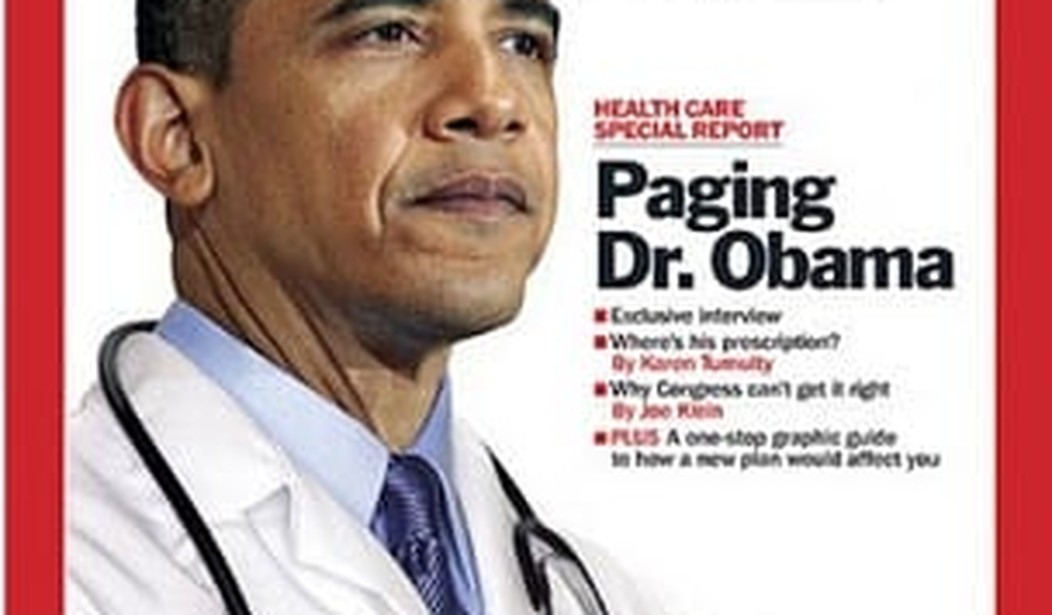A Department of Health and Human Services official told the House Ways and Means Committee that immigrants living in the United States on temporary visas are eligible for federally subsidized health insurance under the Affordable Care Act, “depending on their income.”
“It was my understanding it was just going to be those that are citizens of the United States or here as permanent legal residents,” Pennsylvania Republican Rep. Jim Gerlach said at a Thursday hearing on the implementation of the Affordable Care Act. “Are there folks beyond that that are eligible for tax credit – taxpayer subsidies under this program?”
HHS Insurance Oversight Director Gary Cohen replied, “You have to be a citizen or lawfully present.”
When Gerlach asked for further explanation, Cohen said immigrants “could be here on a student visa and be eligible.”
Gerlach clarified Cohen’s statement by saying, “So a student from Germany comes to the United States to do four years of college; that student is going to be subsidized by taxpayers for health insurance?”
“They are eligible for subsidies depending on their income, yes,” Cohen replied.
He added that immigrants who “overstay” their visa would not be eligible for subsidies under the healthcare law.
Cohen also said the law’s “data hub” would allow HHS to verify applicants’ immigration status based on Homeland Security information.
New York Democratic Rep. Joseph Crowley asked Cohen if any “personal data” would be stored on the hub.
“No. The hub just routes information from the secure data sources — IRS, Social Security, etc. — so that it — so that we can verify information that people put on their applications,” Cohen said.
Tennessee Republican Rep. Diane Black has been an outspoken critic of the Obama administration’s decision to delay income verification under the healthcare law.
Black told Cohen that three weeks ago HHS said they did not have the technology to verify the income of all applications.
“What’s changed is that we’ve looked at our process and we have confirmed that we are able to verify income for 100 percent of the applicants who will be submitting applications to the marketplaces,” Cohen said.
“I’m just really curious how in just three weeks — with a rule being put out just three weeks ago to say we do not have the technology to be able to do that and yet three weeks later we’re now seeing, oh, all of a sudden we have the technology to do that,” Black asked.
“That’s not right,” Cohen responded. “We said we were going to sample and now we’ve concluded that the sample size is going to be 100 percent.”
Crowley and many other Democratic members of the committee criticized the Republicans for their attempts to repeal the healthcare law.
“In terms of what would be helpful from Congress to aid with smooth implementation, are 40 repeal votes what you would consider being productive?” Crowley asked Cohen.
“I don’t think they move the ball forward in terms of my job, no,” he replied.
“Will tomorrow’s 40th repeal vote to block tax credits from going to working families help with the implementation of the Affordable Care Act in any way?” Crowley also asked.
Cohen said no and Acting IRS Commissioner Daniel Werfel told the committee the vote would not have “any impact.”









Join the conversation as a VIP Member